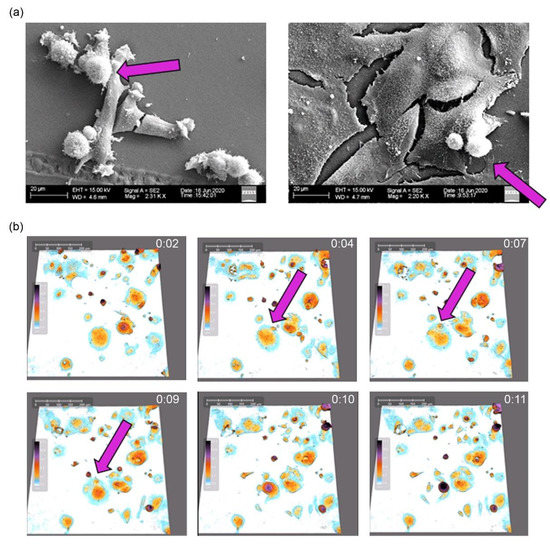Customer Publication

Therapy-Induced Senescent/Polyploid Cancer Cells Undergo Atypical Divisions Associated with Altered Expression of Meiosis, Spermatogenesis and EMT Genes
Journal: International Journal of Molecular Sciences (2022)
Institution: Polish Academy of Sciences
Research Areas: Cancer research
Cell Lines: HCT116, MCF-7 (Human colon cancer, Breast cancer cells)
Summary: Upon anticancer treatment, cancer cells can undergo cellular senescence, i.e., the temporal arrest of cell division, accompanied by polyploidization and subsequent amitotic divisions, giving rise to mitotically dividing progeny. In this study, the authors documented that escape from senescence/polyploidy of cancer cells is connected with the presence of small descendants inside the giant cells and the transcriptome gradual adaptation related to meiosis and spermatogenesis. With HoloMonitor M4, authors can see the small cells are released from giant mother cells. The giant cells are multinucleated, and some of the subnuclei may possess a proper set of chromosomes, which allows them to survive.